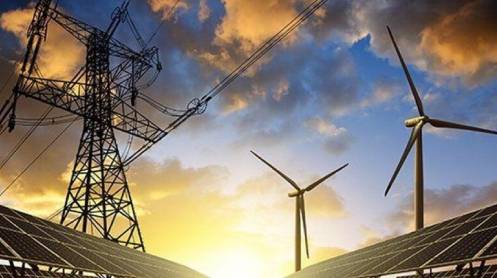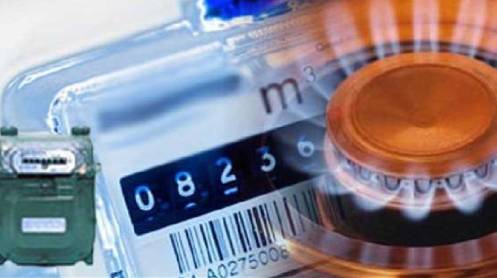Textile sector has urged the government to reset energy prices before June 30, 2022, the date on which existing tariffs were scheduled to lapse, as a late change could affect the pricing for the new orders, causing losses to exporters.
The All Pakistan Textile Mills Association (APTMA) made this appeal to Prime Minister Shahbaz Sharif in a letter, suggesting local energy prices should be determined after taking into account the regional ones. According to APTMA, the gas and electricity price agreement is scheduled to lapse on June 30, 2022 and the export sector is unable to book orders beyond June as energy prices have to be set to make the final cost of goods. Special energy rates are granted to the textile industry by the government each year, taking into account prices offered by its competitors in the region. The former Tehreek-e-Insaf government has granted these rates to boost the growth of the textile exports, which accounted for 60 percent of the total exports of the country.
Previous government in its Strategic Trade Policy Framework and new Textile and Apparel Policy (TAP) 2021-25 envisaged diversification of export markets and products by suggesting measures for guaranteeing competitive energy rates.
Pakistan’s textile exports surged 28 percent to $17.67 billion in July-May of this fiscal, the highest ever for the period under review, compared to $13.76 billion in the same months of last, however, industry warned the severe energy constraints were a major risk to the future growth of the sector.
Despite the significant growth in the textile exports, the gas/RLNG supply to the Punjab textile sector, which was at only 25 percent of required volumes (50 percent of August to November actual consumption), was shut down two days prior with the guarantee that supply would be restored on the morning of Friday June 3, 2022, the APTMA stated at the start of this month.
The APTMA had said the government’s decision to halt the supply of gas/RLNG to exporters was highly illogical as it was a critical input to textiles, the single largest contributor to Pakistan’s exports and the mainstay of Pakistan’s economic future.
The sector has sizeable investments in state-of-the-art machinery and high efficiency generation, with over $5 billion worth of investments for expansion and modernisation made in the last one and a half years, the APTMA said in a statement.





